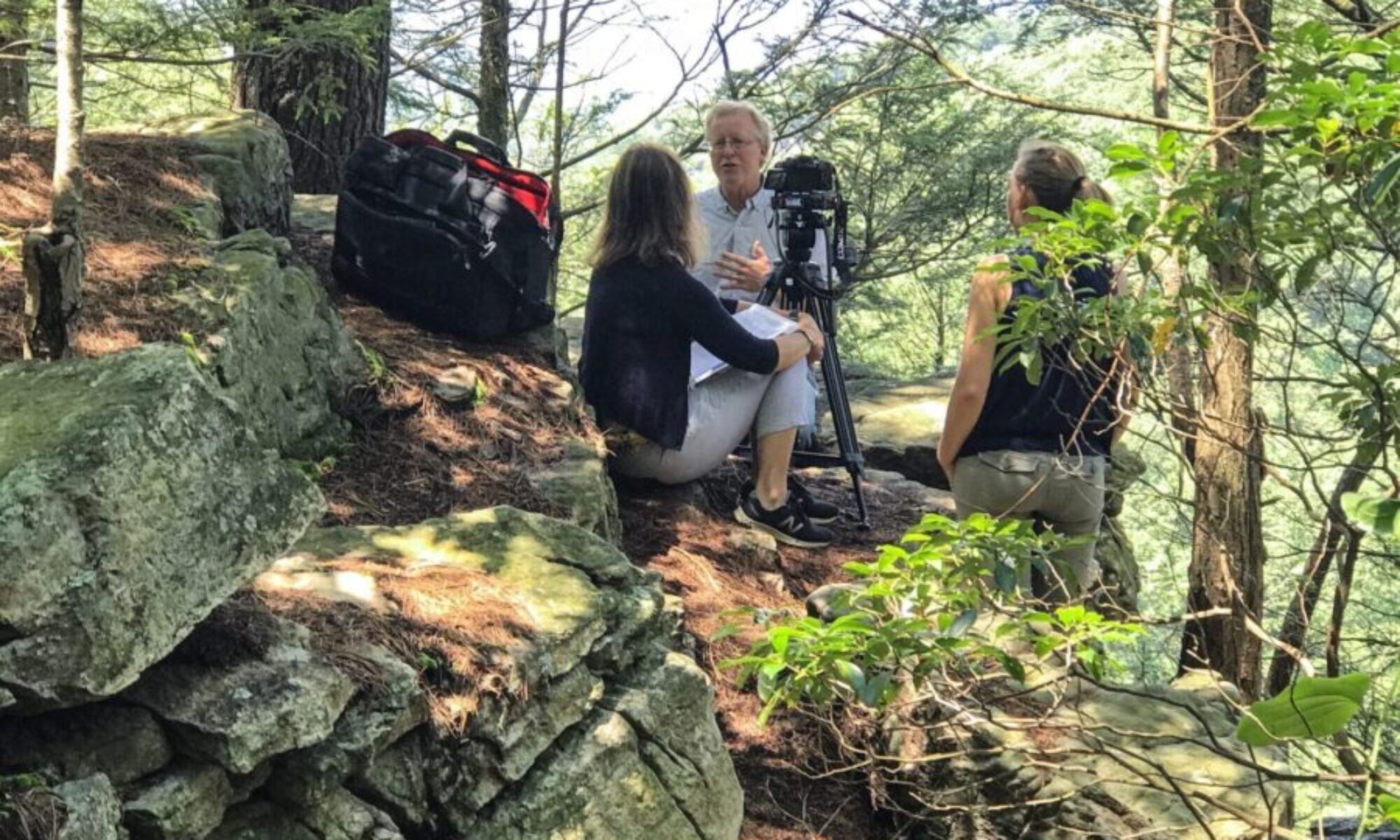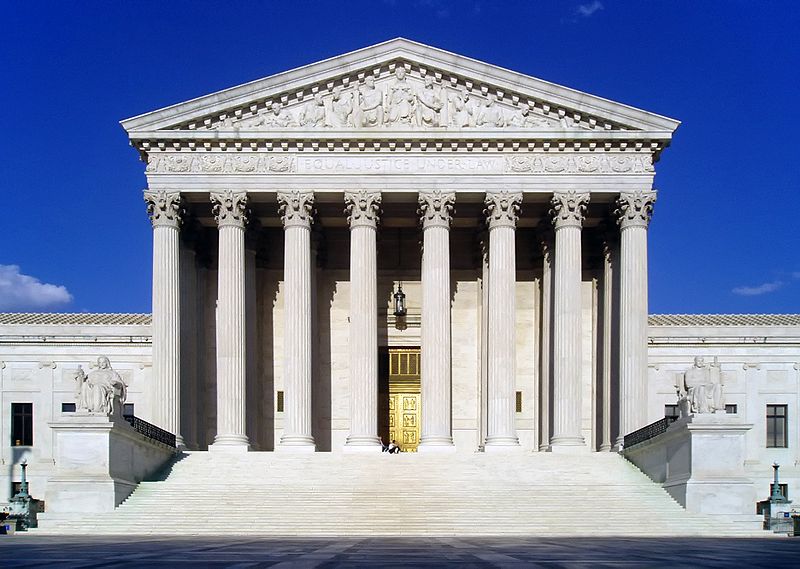This Week In Earth reports that Texas and 14 other states sued the U.S. government to protest the EPA’s finding that greenhouse gases threaten public health and welfare. Meanwhile, a California judge suspended the cap-and-trade portion of the state’s Global Warming Solutions Act until it is brought into compliance with another environmental law. As state and federal climate legislation encounters hefty legal challenges, environmental protections are shaped increasingly by judicial — rather than legislative or scientific — processes.
Here’s my take: Legal experts say linking greenhouse gas emissions to specific regional impacts and damages is daunting, despite strong evidence that climate change is caused by human activities. Nevertheless, William Buzbee, professor of law at Emory Law School, told me, “Individual states continue to be quite active in addressing adaptation issues. That’s where you’ll see science and engineering influencing the courts through briefs.”
On the federal level: The Supreme Court heard arguments last month on whether greenhouse gases can be considered a public nuisance in Connecticut v. American Electric Power. This week, Patrick Parenteau of the Vermont Law School said that the court will likely rule that they can. He added, “I’ll be curious to see whether the COURT addresses the uncertainty surrounding congressional efforts to repeal EPA’s authority.
Looking forward: As climate change impacts become clearer, law experts say that courts will likely need more information through friends-of-the-court briefs written by climate scientists. Many climate scientists tell me they are not prepared to write affidavits requested to challenge EPA’s scientific information in the court record.
Go to This Week In Earth for the complete story.
Read more about this topic in The Yale Forum.

